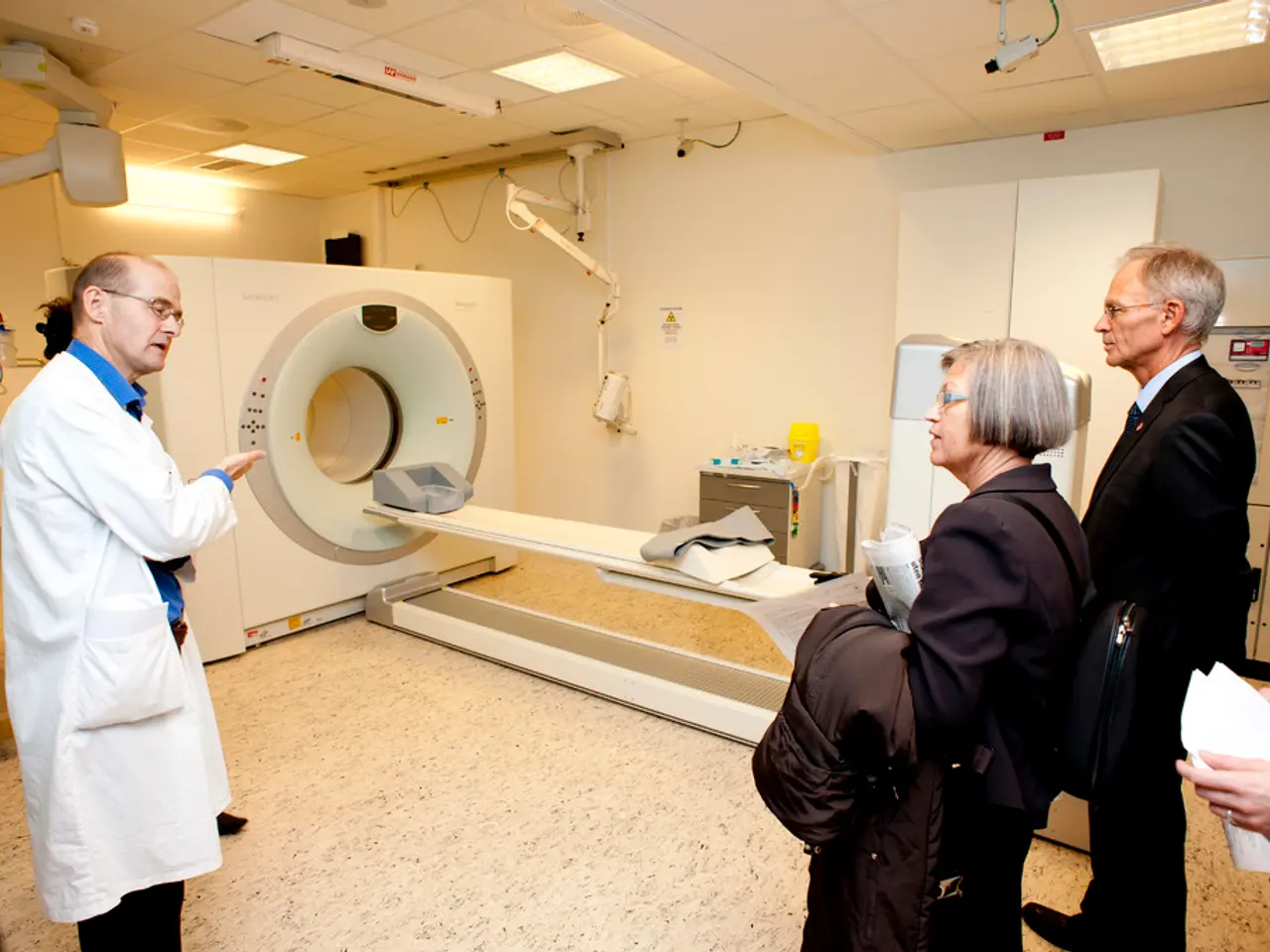Equipment failure risk prompts GE Healthcare to recall Carestation devices
In a significant development, GE Healthcare has issued a recall for their Carestation 600 and 700 series anesthesia delivery systems. The recall affects over 14,000 individual devices across 15 Carestation models, due to a risk of ineffective ventilation when used in volume control ventilation modes.
The primary concern is inadequate ventilation, which could potentially compromise patient safety during anesthesia. This issue may result in insufficient oxygenation or ventilation during surgical procedures, posing a serious risk.
The recall was initiated after the identification of this ventilation issue, and GE Healthcare has provided advice to customers on how to mitigate the risks associated with the recalled devices. Healthcare providers using these anesthesia delivery systems were likely advised to review usage instructions and apply corrective actions.
The affected devices are used in patients from newborns to adults in hospitals, surgical centers, and clinics. To mitigate the risks, GE Healthcare has asked customers not to use the mode affected by faulty ventilation until the devices have been corrected. Manual mode can be used to provide ventilation or allow spontaneous ventilation of the patient.
The FDA has classified this recall as Class I, the severest recall classification, due to the risk of inadequate ventilation causing severe harm to patients. If a device fails the screening test, it should only be used to mechanically ventilate a patient in pressure control ventilation or pressure control ventilation volume guarantee mode.
It is important to note that GE Healthcare has not yet received any reports of serious injuries or death related to this issue. However, the FDA has stated that when the devices fail in volume control ventilation mode, audible and visual alarms are triggered, and the inflated bellows stop moving. Additional alarms will alert users to the effects of inadequate ventilation on the patient.
For full details, including specific affected models, usage recommendations, and regulatory communications, consulting the official FDA recall notices or GE Healthcare safety bulletins is recommended. As of now, the FDA has not issued any additional statements regarding the recall.
- GE Healthcare's recall of Carestation 600 and 700 series anesthesia delivery systems includes over 14,000 devices, affecting 15 different models.
- The recall is due to a ventilation issue in volume control ventilation modes, posing a risk to patient safety during anesthesia.
- Healthcare providers are advised to review usage instructions and apply corrective actions to mitigate risks associated with the affected devices.
- The FDA has classified this recall as Class I, as inadequate ventilation could cause severe harm to patients.
- During the recall, GE Healthcare recommends that affected devices should not be used unless in manual mode or pressure control ventilation modes.
- The FDA has stated that when the devices fail in volume control ventilation mode, audible and visual alarms are triggered to alert users to the issue.
- For comprehensive details, patients, healthcare providers, and medtech companies can refer to the official FDA recall notices or GE Healthcare safety bulletins for updates on the situation andUsage recommendations.




